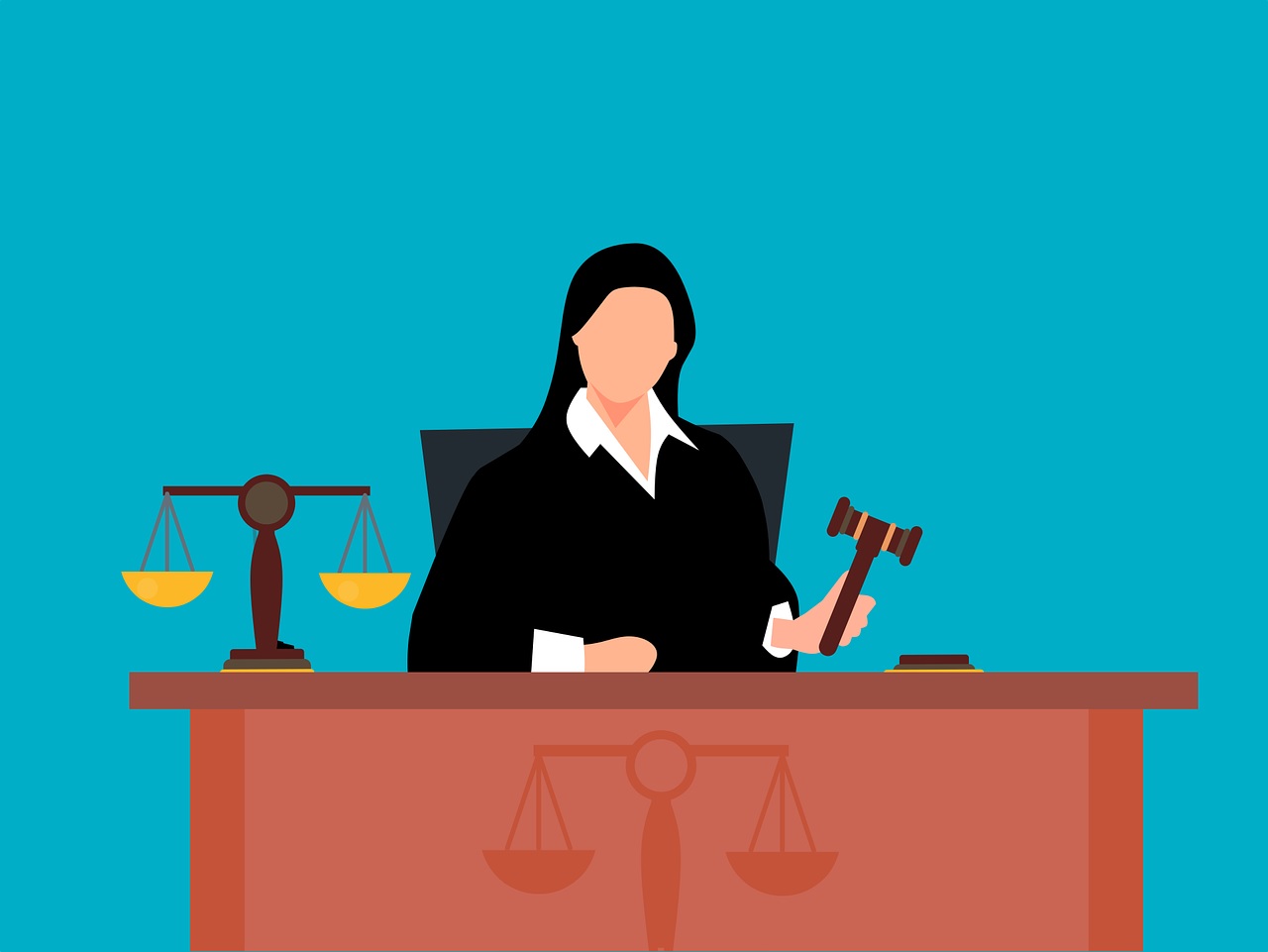Criminal Appeals Lawyer
Looking for a criminal appeals lawyer in Menifee , California? If you or your loved one has been convicted of a crime and believe that there are grounds for an appeal, it is crucial to seek the expertise of an experienced appellate defense counsel. With their knowledge of the criminal appeal process and post-conviction remedies, they can help review court decisions and potentially overturn a wrongful conviction.
When someone is convicted of a crime, it does not necessarily mean that the legal battle is over. In the American justice system, individuals have the right to appeal their conviction and seek a review of their case. This is where a criminal appeals lawyer comes into play.
An appellate defense counsel specializes in handling appeals and has in-depth knowledge of the criminal appeal process. They understand the complexities of the law and are skilled in identifying errors or issues that may have occurred during the trial. Their primary goal is to challenge the conviction and seek a reversal or modification of the original decision.
Conviction appeal legal expertise is essential in cases where individuals believe that there were errors in the trial, such as incorrect application of the law, improper admission of evidence, or prosecutorial misconduct. A skilled criminal appeals lawyer can thoroughly review the trial transcript, evidence, and court decisions to identify potential grounds for appeal.
The Criminal Appeal Process
The criminal appeal process is a complex and time-sensitive procedure that requires a deep understanding of the law and meticulous attention to detail. It involves several stages, including:
1. Notice of Appeal
The first step in the criminal appeal process is filing a notice of appeal. This document notifies the court and the prosecution that the convicted individual intends to appeal their conviction. It is crucial to adhere to strict deadlines when filing a notice of appeal to avoid waiving the right to appeal.
2. Record Preparation
Once the notice of appeal is filed, the Appellate defense counsel starts the record preparation process. This involves obtaining the trial transcript, collecting all relevant documents, and compiling a comprehensive record of the trial proceedings. The record is essential for the appellate court to review the case effectively.
3. Brief Writing
After the record preparation, the criminal appeals lawyer drafts a written brief, outlining the legal arguments and grounds for appeal. The brief presents the facts of the case, identifies errors made during the trial, and provides legal authorities supporting the appeal. The prosecution also submits a brief, and both parties have the opportunity to respond to each other’s arguments.
4. Oral Arguments
Once the briefs are submitted, the appellate court may schedule oral arguments. During oral arguments, the criminal appeals lawyer presents their case before a panel of judges, highlighting the key legal issues and addressing any questions raised by the court. This is an opportunity to further advocate for the reversal or modification of the conviction.
5. Reviewing Court Decisions
After considering the written briefs, oral arguments, and reviewing court decisions, the appellate court will render a decision. They may affirm the conviction, reverse it, modify the sentence, or remand the case back to the trial court for further proceedings. The decision of the appellate court is final, but there may be additional avenues for post-conviction remedies.
Post-Conviction Remedies
Even if the appellate court affirms the conviction, there are still post-conviction remedies available to challenge the decision. These remedies include:
1. Writ of Habeas Corpus
A writ of habeas corpus is a legal action that challenges the legality of a person’s detention. It allows individuals to present new evidence or argue that their constitutional rights were violated during the trial. This remedy is often used when new evidence emerges that could potentially prove innocence or when there is evidence of ineffective assistance of counsel.
2. Petition for Certiorari
A petition for certiorari is a request for a higher court to review the decision of a lower court. If the appellate court denies the appeal, the convicted individual can petition the Supreme Court or another higher court to review the case. However, it is important to note that the higher court has discretion in deciding whether to accept the case for review.
3. Motion for a New Trial
In some cases, after the appeal process, new evidence may come to light that could have a significant impact on the outcome of the trial. A motion for a new trial can be filed to present this new evidence and request a retrial. This remedy is typically used when the evidence was not available during the original trial.
Criminal Appeals Lawyer Near Me
If you or someone you know is considering a criminal appeal in Menifee, California, it is crucial to seek the expertise of a criminal appeals lawyer. Their knowledge of the criminal appeal process, conviction appeal legal expertise, and understanding of post-conviction remedies can make a significant difference in the outcome of a case. By reviewing court decisions, identifying errors, and presenting compelling legal arguments, a skilled appellate defense counsel can potentially overturn a wrongful conviction and restore justice.

